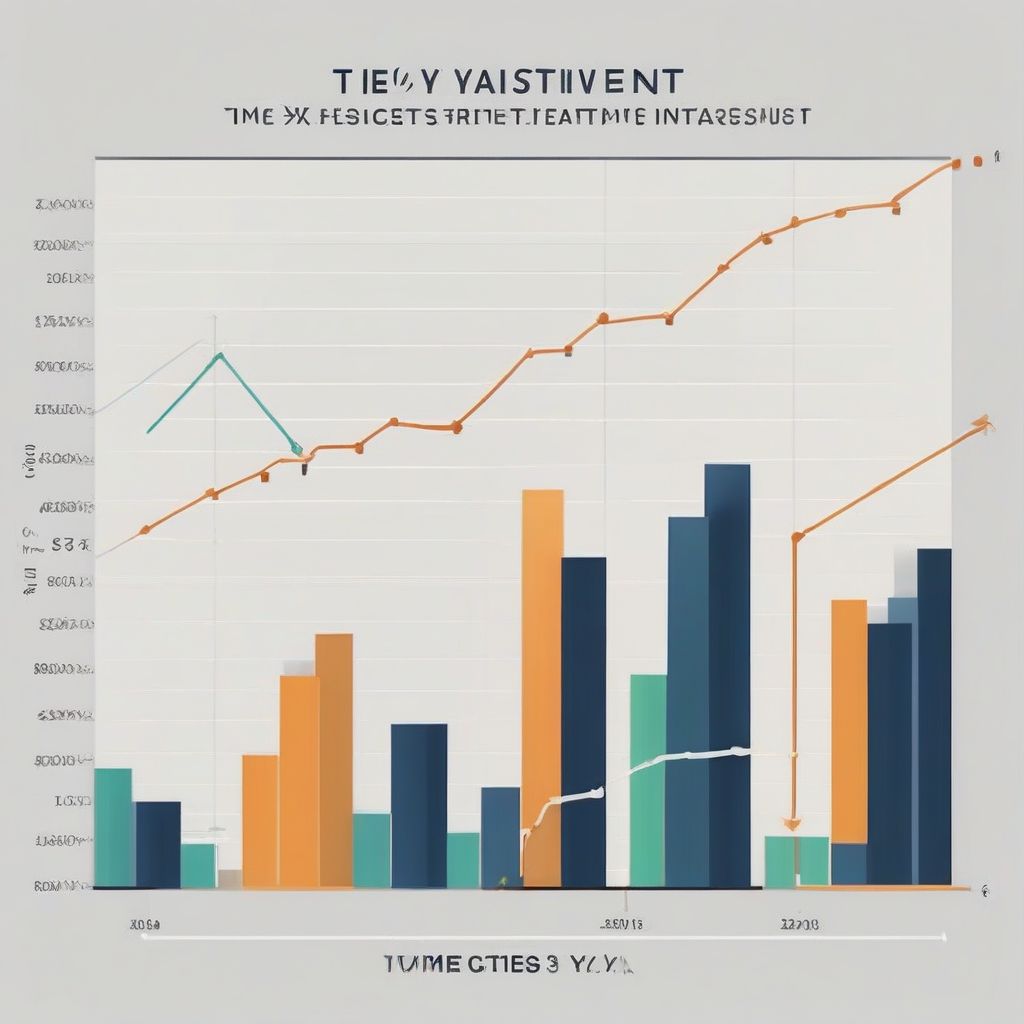Investing in real estate can be a lucrative endeavor, but navigating the world of financing can seem daunting. This is especially true when it comes to Investment Property Loans, which often have different requirements and terms than traditional mortgages. This comprehensive guide will delve into the intricacies of investment property loans, equipping you with the knowledge to make informed decisions for your portfolio.
Understanding Investment Property Loans
An investment property loan is a mortgage specifically designed for purchasing properties that won’t be your primary residence. These loans are intended for properties you plan to rent out, flip for profit, or use for other business purposes. While similar to conventional mortgages, investment property loans generally come with stricter requirements and potentially higher interest rates. This is primarily due to the increased risk lenders associate with non-owner-occupied properties.
Why Consider an Investment Property Loan?
Investment property loans offer several advantages, including:
- Building Equity: As you make mortgage payments, you gradually build equity in the property, increasing your net worth over time.
- Generating Passive Income: Rental properties can provide a steady stream of passive income, helping you achieve financial independence.
- Tax Advantages: Real estate investors often benefit from various tax deductions, such as mortgage interest, property taxes, and depreciation.
Types of Investment Property Loans
A range of investment property loans caters to different investor profiles and investment strategies:
1. Conventional Loans
Offered by banks and credit unions, these loans typically require a higher credit score and larger down payment compared to owner-occupied mortgages.
2. FHA Loans
While primarily for first-time homebuyers, FHA loans can also be used for multi-family properties (up to four units) if you plan to live in one of the units.
3. VA Loans
Eligible veterans, active-duty military, and surviving spouses can access VA loans for investment properties, often with favorable terms and no down payment required.
4. Hard Money Loans
Often used by experienced investors for short-term financing, hard money loans are based on the property’s value rather than the borrower’s creditworthiness.
5. Private Money Loans
Similar to hard money loans, private loans are funded by individuals or companies and offer flexibility in terms and conditions.
Qualifying for an Investment Property Loan
Lenders assess various factors when evaluating your eligibility for an investment property loan, including:
- Credit Score: A higher credit score demonstrates your ability to manage debt responsibly.
- Debt-to-Income Ratio (DTI): Lenders prefer a DTI below 50%, indicating your ability to repay the loan comfortably.
- Down Payment: Be prepared to make a significant down payment, typically ranging from 20% to 25% of the property value.
- Cash Reserves: Lenders may require proof of cash reserves to cover potential vacancies or unexpected repairs.
Navigating the Investment Property Loan Process
Obtaining an investment property loan involves several key steps:
-
Pre-Approval: Getting pre-approved gives you an estimate of how much you can borrow and strengthens your offer when negotiating with sellers.
-
Property Search: Thoroughly research potential investment properties, considering factors like location, rental demand, and property condition.
-
Loan Application: Submit a formal loan application to your chosen lender, providing all required documentation.
-
Loan Processing: The lender will review your application, verify your financial information, and order an appraisal of the property.
-
Underwriting: The lender’s underwriting department will assess the risk associated with your loan.
-
Loan Approval and Closing: Upon final approval, you’ll sign the loan documents and officially become the owner of your investment property.
Common Questions About Investment Property Loans
Q: Can I use rental income to qualify for a loan?
A: Yes, lenders typically consider 75% of the projected rental income when calculating your DTI.
Q: What is a loan-to-value (LTV) ratio?
A: LTV represents the ratio of the loan amount to the property’s appraised value. A lower LTV generally translates to more favorable loan terms.
Q: What are closing costs?
A: Closing costs include various fees associated with finalizing the loan, such as appraisal fees, title insurance, and loan origination fees.
Q: Should I work with a mortgage broker?
A: Mortgage brokers can help you compare loan options from multiple lenders and find the best rates and terms for your situation.
 Real Estate Investment Graph
Real Estate Investment Graph
Conclusion
Investing in real estate can be a powerful wealth-building strategy, and investment property loans provide the means to turn your real estate aspirations into reality. By understanding the different types of loans, qualifying requirements, and the overall process, you can confidently navigate the world of real estate financing and build a successful investment portfolio. Remember to consult with financial advisors and conduct thorough research to make the most informed decisions for your financial future.